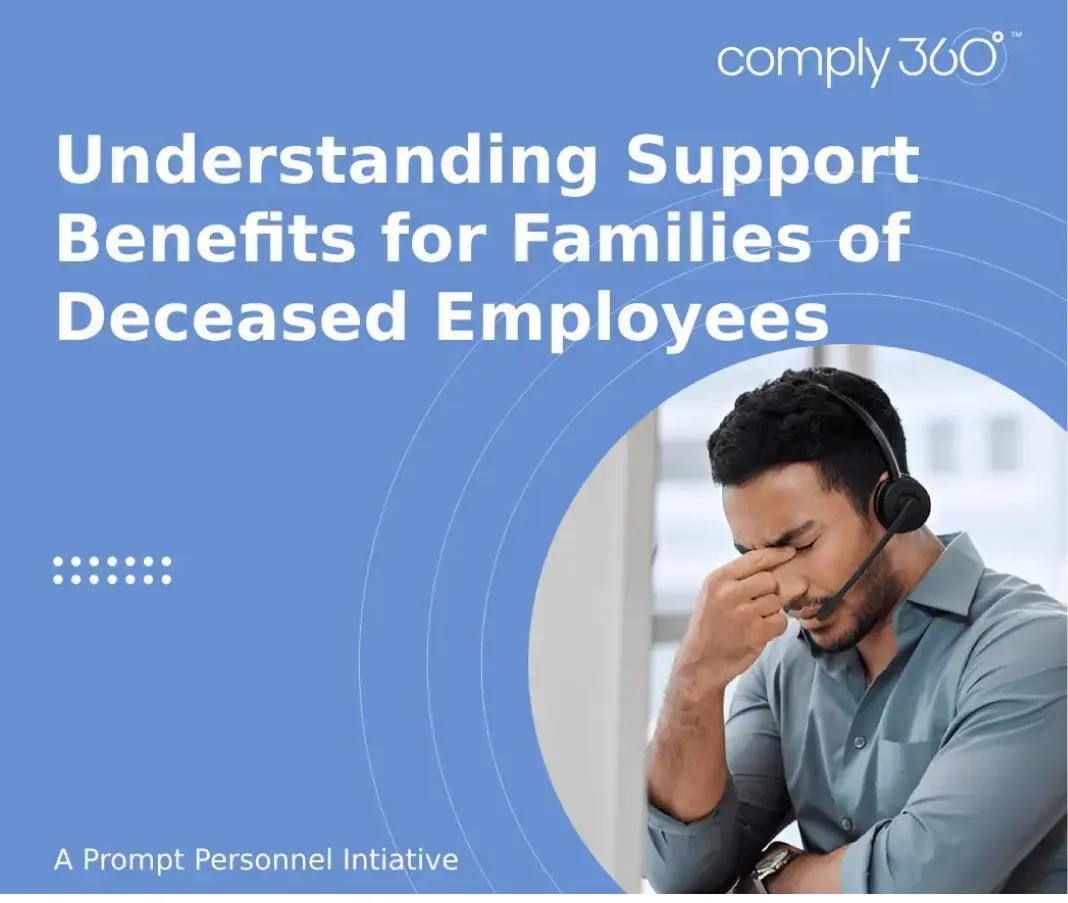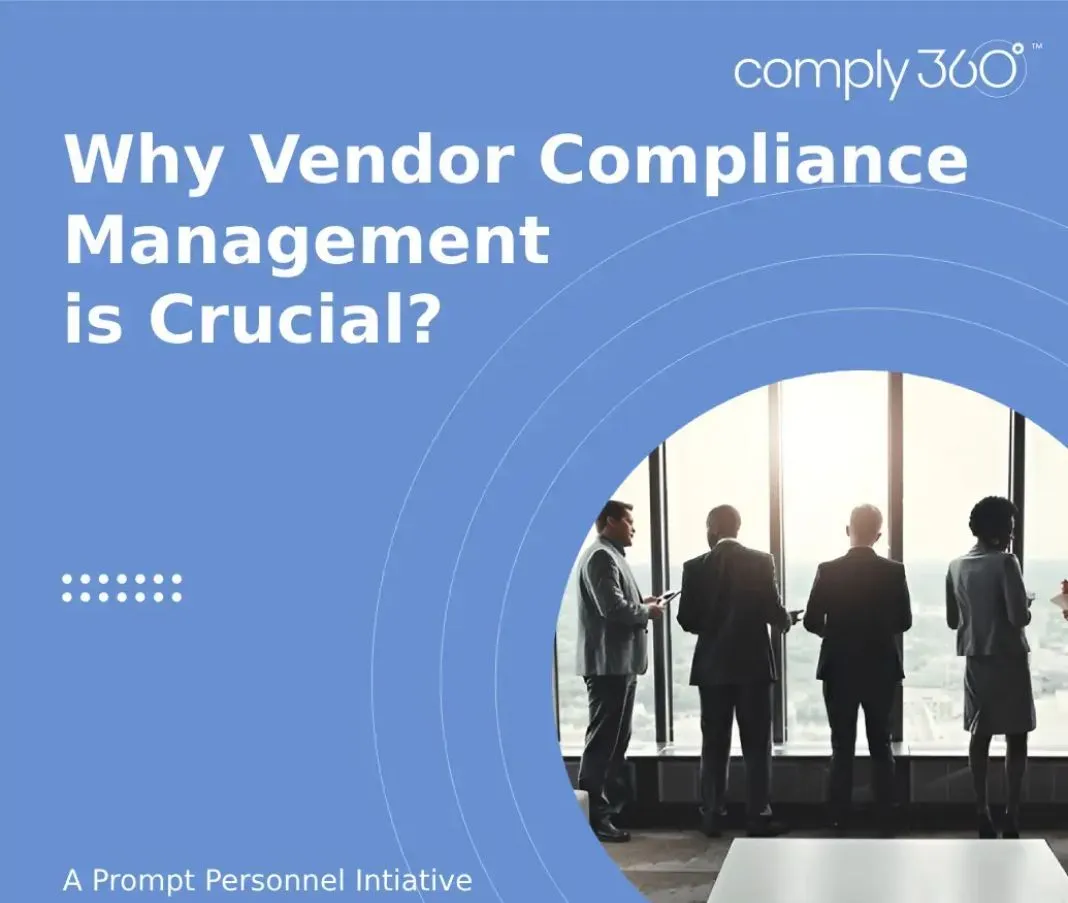Whether establishing a new business or having a startup of a few years, adhering to labour law compliance in India for business owners is paramount. The Central and State Governments of India enforce these labour laws. One should adhere to the legal requirements and compliance for creating a fair and safe working environment for employees on board while protecting the employers’ interests. However, some of the business owners who are putting their foot in the business or corporate world newly aren’t entirely aware of the labour law compliance that is required to be practiced. Hence, they face difficulties while progressing in the business and towards growth.
Here, one can seek advice from labour law consultants to fulfil the legal requirements for overall business benefit. By understanding these concerns, we have shared a detailed guide about labour law compliance in India for business owners through which they can make informed decisions and adhere to them precisely.
1. Registration and licensing
While commencing a business, owners should complete the necessary procedures to obtain registration and license to comply with labour laws. Some of the related acts are as follows.
- Shops and Commercial Establishments Act (S&E)
For commercial establishments such as offices, shops, etc., it is mandatory to register under this act. This helps regulate the employees’ working hours, holidays, and other work conditions.
One must register under this act when the business involves manufacturing activities or when employing a specific number of workers. The registration ensures that the factory workers are safe, have better health conditions, and look for their welfare.
For a business where contract labourers are hired, it is essential to register under Contract Labour Act. Registration under this act by business owners ensures that the welfare and rights of the contract workers are appropriately maintained.

2. Wages Law
Every business must comply with the wage law implemented by the government to ensure fair compensation for employees and workers. Some of the laws related to wages are stated below.
According to this act, the minimum wage rates are fixed and prescribed by the States through notifications. Business owners should review the act and update their employee’s wages accordingly. The pay or wages should not be less than the minimum wage amount as per the government notification.
- Payment of Wages Act, 1936
This act ensures that the payment of employees working in an establishment is issued on time and no unauthorized deductions are made. According to this act, business owners should pay as per the current currency. Similarly, they can pay through cheque or bank transfer after obtaining written authorization from the employed person.
- Payment of Bonus Act, 1965
Business establishments with over twenty employees are liable to annual bonuses to employees. However, an employee who has worked for less than thirty days is non-eligible for a bonus under this act.
3. Working hours and overtime
Labour law specifies the maximum number of work and rest days a week. The rest days are typically considered Sundays. However, any working hours the employees spend beyond the regular hours shall be considered overtime. Similarly, overtime wages should be paid at the rate distinguished by the law.
As per the act, entities such as shops, theatres, or restaurants should be entirely closed on one day of the week.
4. Leave Policies
Employees have facilities to avail of various types of leave during their employment period. They can avail of sick leave, annual leave, and maternity leave. Hence, business owners need to implement leave policies that benefit employees and those that adhere to the law. Given an example, maternity leave is mandated for a particular duration. Hence, it should not be denied or reduced by business owners.
- Maternity Benefit Act, 1961
As per this act, women working in certain establishments should receive maternity benefits from the employer. This benefit includes wages, maternity leave, bonuses, nursing breaks, etc.
5. Financial Security
Businesses must contribute to the EPF and ESI schemes when reaching a certain number of employees. These services benefit the employees by offering financial and social security.
- Employees Provident Funds and Miscellaneous Provisions Act, 1952
All establishments with 20 or more employees should provide provident funds, pension funds, and deposit-linked insurance funds for employees. This service for employees gives social security and retirement benefits.
- Employees’ State Insurance Act, 1948
This act is implemented to offer employees benefits in case of emergencies such as sickness, maternity, and employment injury. Establishments with more than ten employees are covered under this act.
6. Anti-Sexual Harassment Policies
Business owners should ensure that their employees feel safe while working and hence should implement policies and procedures to prevent and handle incidents related to sexual harassment.
- Sexual Harassment at Workplace (Prohibition, Prevention, and Redressal) Act, 2013
SHW act offers women protection against sexual harassment in the workplace and prevention and redressal. Establishments with ten or more employees should have Internal Complaint Committee for entertaining complaints within the organization.
7. Health and safety measures
A safe and healthy work environment for employees is integral to labour law compliance. Hence, business owners should ensure compliance by adhering to the Occupational Safety and Health Act. It includes measures such as clean drinking water, ventilation, proper sanitation facility, and fire safety in the office. One can approach a labour law advisor to understand the requirements thoroughly.
Stay compliant with labour laws in India with Prompt Personnel
As one of the leading labour law consultants in Mumbai, India, we aim to provide legit information to our clients about labour law rules and familiarize them with roles and responsibilities to comply as business owners. As a labour law consultancy, our experts have in-depth knowledge and understanding of the latest labour laws in India, and they provide you with the right advice for your business.
Labour laws differ from region to region; thus, we understand the laws and requirements of specific areas and liaison with the right government bodies to help you run your business smoothly by being compliant with the laws. Having a compliance capability all over India, we offer business owners with real-time compliance dashboard accessible anytime, anywhere. By partnering with Prompt Personnel, you will rest assured that your business precisely adheres to labour laws and compliance.
Talk with our legal experts today to stay compliant with the latest labour laws in India!
FIND THE RIGHT HR PARTNER
Take advantage of our HR experts, team of recruiters and labor law consultants to open avenues of growth & success for your organization. We offer Temporary Staffing, Permanent Staffing, Labour Law Compliance Management & Advisory, and many more such services.










